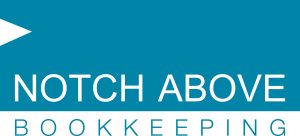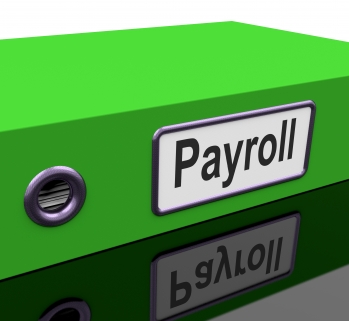How business owners can win and keep the right talent in 2021
The ongoing uncertainty around COVID-19 has resulted in an unstable economy, with the impact on the job market hard to predict.
Despite this, many small business owners remain optimistic about the coming months.
In fact, Xero’s latest research revealed that almost half (48 per cent) of SME owners believe small businesses will be key to kickstarting the economy once lockdown and tier systems are relaxed – positive news for jobseekers.
Still, optimism must be met with preparation. If you’re a small business owner, here are four ways to set yourself apart as a top employer.
Offer autonomy
Many of the ways that COVID-19 has changed the way we work are here to stay, and business owners need to learn how to support their employees in the ‘new nine to five’. For example, in a post-Covid world, some employees may prefer working in an office for structure and collaboration, while others will require flexible working to flourish. It’ll be challenging for both employers and employees to strike the right balance. However, the companies that stand out post-Covid will be the ones that pay attention to how the pandemic has affected their employees’ needs and working styles, and then adapt accordingly.
Invest in your technology
The pandemic has been a catalyst for growth for the adoption of many new tech tools. Our research suggests that over a quarter (26 per cent) of small business owners are now using technology that is increasing the productivity of their business. It also suggests one in five (20 per cent) are looking to invest in artificial intelligence (AI) and machine learning to automate parts of their business. This explosion of technology means a prospective employee may choose to leave your employment to work with a more technology-savvy competitor.
Staying at the forefront of technology with cutting-edge software will position your business as ambitious and forward-thinking. Technology has been at the heart of helping firms adapt throughout the pandemic, and business owners should not underestimate the role it will have in the economic bounceback.
Build an effective employee value and wellbeing proposition
Ensuring the mental and physical wellbeing of employees should not be a reactive exercise when adversity strikes, but a continual process of prevention and protection. In order for employees to thrive, they need to know that their employers care for them around the clock, and not just through challenging times.
Forward-looking businesses will empower employees to find the right mix of tools for their individual needs. For some, this could mean safeguarding time to recharge or prioritise sleep or exercise. Others might carve out time for mindfulness or disconnecting from technology.
Another central element of your employee value proposition is compensation and benefits. To attract top talent, you should reevaluate existing employee packages and ensure you’re making an attractive offer, because giving people what they deserve pays dividends.
Keep your business accountable on diversity
A recent survey by McKinsey & Company showed that nine out of ten executives have found executing their DEI strategies challenging during the pandemic. Although companies have responded rapidly, employees, and in particular diverse employees – including women, LGBTQ+, people of colour and working parents – have struggled the most in the pandemic. The result is that only one in six employees from a diverse background feel supported. This means business owners now have a clear opportunity to build a more equitable and inclusive workplace that strengthens their organisations far beyond COVID-19.
Employees have never required more support than they do right now. For many, this period has been a time of uncovering a radical new approach to work and to life, and this might mean new or higher expectations from employers in a post-COVID world.
Businesses that seize the moment by paying attention, listening to their employees and remaining responsive to changing themes will not only be better placed to support their employees, but will drive sustainable business performance and attract a wider pool of talent to drive future growth.
Notch Above can take care of all the bookkeeping tasks you would rather not do, like bank reconciliations, supplier payments, payroll processing, invoicing and debtor management and BAS returns. We set up systems and checklists to ensure nothing is missed and things are processed when it suits you. We can be involved as little or as much as you like, we give you the flexibility to decide what’s best for your business. Call us today on 1300 015 130.
Source: Xero
#remotebusinessbookkeepers #cloudbusinessbookkeeping #xeroplatinumbookkeepers








